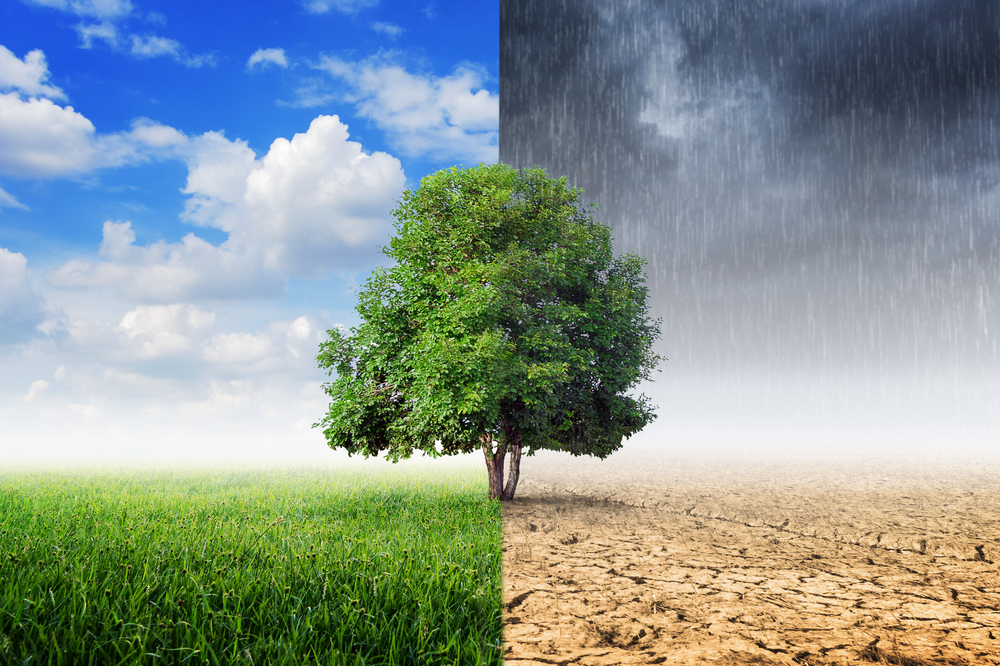Innovation: a New Mode of Climate Action

A range of announcements of energy and climate coalitions have been made during COP21. Beyond their important diplomatic objectives, these new forms of coalitions bring scientists and industry leaders towards new long term visions of energy consumption modes.

In the course of COP21, French and Indian governments have jointly announced an “International Solar coalition” gathering 100 countries in promoting research and development efforts in the solar industry. This follows from a range of announcements of energy and climate coalitions, timely scheduled during COP21. Beyond their important diplomatic objectives, these new forms of coalitions bring scientists and industry leaders towards new long term visions of energy consumption modes. They set the ground for elements of framework of the post COP21- climate action agenda[1] around one common denominator: innovation.
Energy and climate coalitions gather multiple actors (stakeholders) organized in networks of representatives from governmental agencies, non-governmental organizations, different industries or international agencies. They are either industry led, like the “Oil and Gas Climate Initiative” (OGCI) or the Cement Sustainable Initiative (CSI). They can also be organized around achieving a common goal: for instance, RE100 Initiative of the Climate Group, gathering companies from different sectors of the economy, is targeting clean consumption sourcing modes and offsets of greenhouse gases emissions.
All of them are the outcome of “bottom-up” initiatives, which have been gathering pace at corporate and/or governmental level, with sometimes strong regional footholds, like Abu Dhabi’s Masdar Institute or California’s Strategy in Storage Technology. If these initiatives are too limited to have a meaningful impact on global warming, they have a strong impact effect on public policy. Based on a self-empowerment or self-regulation mode of climate action, they offer attractive approaches alternatives to complement the market-based approach of managing environmental externalities, for instance through the internalisation of a carbon price. They also influence the elaboration of new codes of conducts for large industries operating at global level.
As a result, they are also opening the way towards a more balanced mode of resources exploitation, where constraints on resources are analysed at a system/regional level, for instance by considering hydrocarbon schemes together with water scarcity. Finally, they act as a powerful leverage of cross industry collaboration, all based on innovation. In particular, in the renewable - smart grid industry, a strong entrepreneurship mind-set, developed around Google and Facebook in the Breakthrough Energy Coalition[2], will continue moving the energy sector in the next decade.
European Policy on Research, Innovation and Competitiveness, constituting the fifth pillar of the Energy Union project, rightly acknowledges the need to bridge the gap between knowledge and industrialisation[3]. This is a critical moment to foster a “European based knowledge” on smart grids and clean energy. Consolidating a European intellectual property base, while evaluating potential market applications and preparing the ground for future norms to smart grid technologies, is also part of the dynamics of the Energy Union announced in February 2015. In this perspective, innovation will act as a catalyst for climate action and energy transition.
[1] Insight_E, “Shaping Expectations to Foster the Low Carbon Transition: Can COP21 be a catalyst for action?”, Carole Mathieu, Ifri
[2] http://www.breakthroughenergycoalition.com/en/index.html
[3] “The Knowledge Future: Intelligent policy choices for Europe 2050”: A Report to the European Commission, http://ec.europa.eu/research//pdf/publications/knowledge_future_2050.pdf

Available in:
Regions and themes
Share
Related centers and programs
Discover our other research centers and programsFind out more
Discover all our analysesFinancial Tools for Boosting Resilience of CRM Value Chains and Strategic Stockpiling
Critical Raw Material (CRM) value chains are more vulnerable than ever and entire vital industries in Europe are now at risk if supplies are not secured through strategic and urgent actions, given mounting geopolitical confrontation, resource nationalism, growing demand and limited supply increase.
Placing the EU on a Warfare Footing: Energy and Raw Materials Priorities for 2026
The year 2025 has confirmed that one must prepare for much worse in the field of geopolitics and geoeconomics as the intensity and frequency of shocks increase and as the European Union (EU) has no more stable flanks now that crises with the United States (US) become so frequent and reveal a systemic rift. In the world, barriers to trade multiply and dependencies are weaponized.
Brazil One Year Away from the October 2026 General Elections
Brazil’s general elections will be held on October 4, 2026, to elect the president, vice-president, members of the National Congress, governors, deputy governors and state legislative assemblies. For the presidential and gubernatorial elections, a second round will be held on October 25 if no candidate obtains a majority of the votes in the first round.
COP30: An Inflection Point for Climate Action and Governance
The 30th Conference of the Parties (COP30), opening in Belém, Brazil, on November 10th 2025, convenes at a perilous moment.










